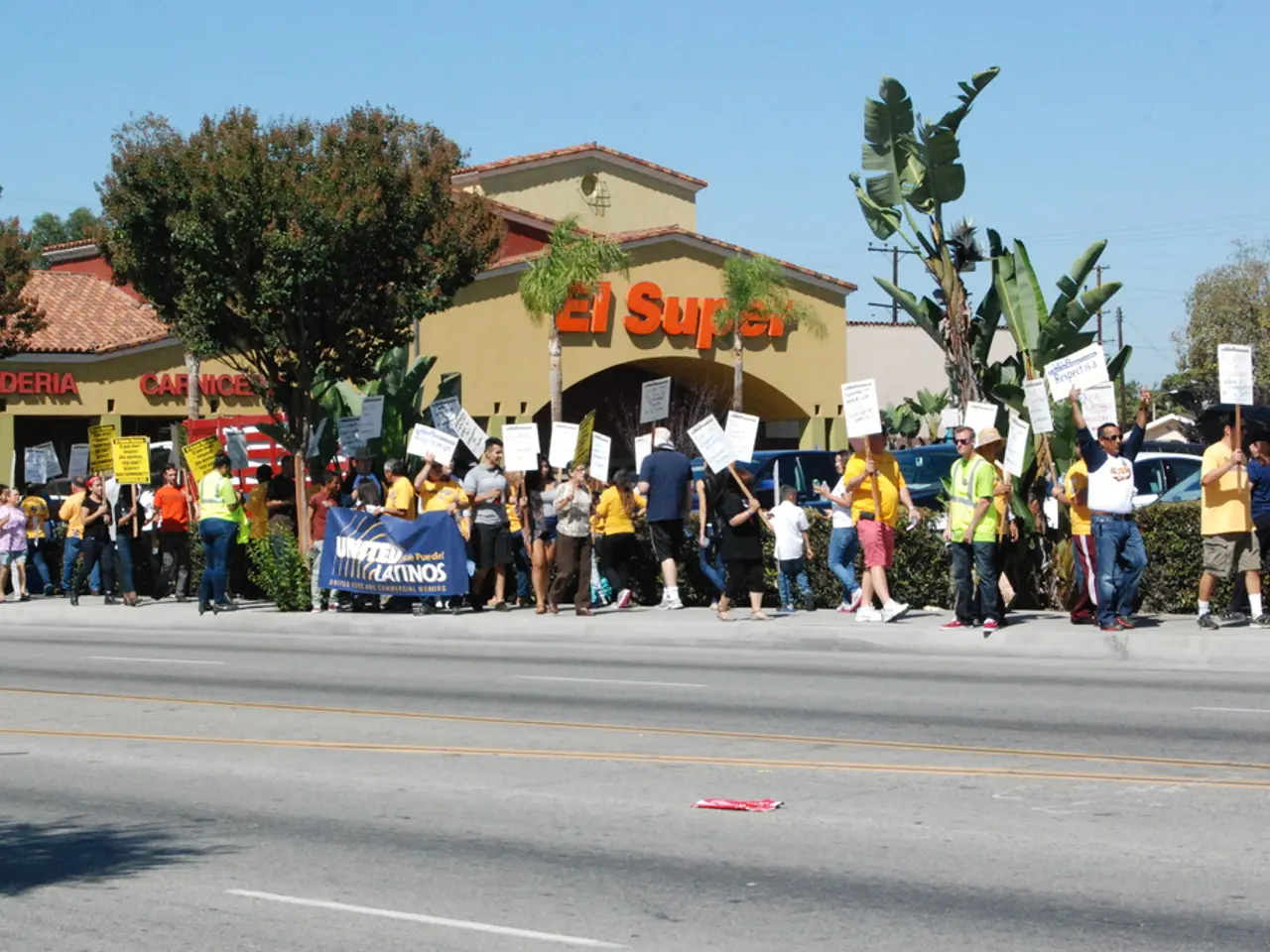City official advocates for restricting daily smartphone usage of citizens to merely two hours
In the town of Toyoake, located approximately 150 miles (300 kilometers) southwest of Tokyo, authorities, including Mayor Masafumi Koki, have proposed a law to limit smartphone usage to two hours per day. This move is aimed at addressing sleep problems caused by excessive smartphone use among residents, regardless of age.
Mayor Koki highlighted smartphone use as a common issue among adults, who are sacrificing sleep and family communication. He described the proposed ordinance as a special message to residents, encouraging them to take this issue seriously. The ordinance includes a 9 p.m. curfew for elementary school children and a 10 p.m. curfew for junior high school students and older.
However, it's important to note that the proposed two-hour limit does not apply to smartphone use for work, education, or during exercise. Furthermore, the mayor described the guideline as more of a recommendation and won't be strictly enforced.
The proposal has garnered support from some residents, with one individual expressing their personal struggle with smartphone addiction and hoping the ordinance would proceed. Mayor Koki also expressed hope that the proposal would encourage families to discuss and manage their smartphone usage.
However, the proposal has not been met with universal approval. Approximately 125 calls and emails were received by the city office in response to the proposed smartphone use limit, with 80% expressing displeasure. Criticism includes questions about the city's right to limit residents' freedom and the necessity of making this an ordinance.
This proposed smartphone use limit in Toyoake, Japan, is a first for the country and echoes action taken in a town in Ireland a couple of years ago to reduce smartphone use among children. In a stricter move, Australia has targeted social media use, passing a law last year that will ban children under the age of 16 from holding accounts on major social media platforms.
Extended smartphone use, according to numerous studies, can negatively impact mental health, relationships, and physical health. As the world grapples with the effects of technology on our lives, more towns and cities are likely to consider similar measures to protect their residents' wellbeing.








